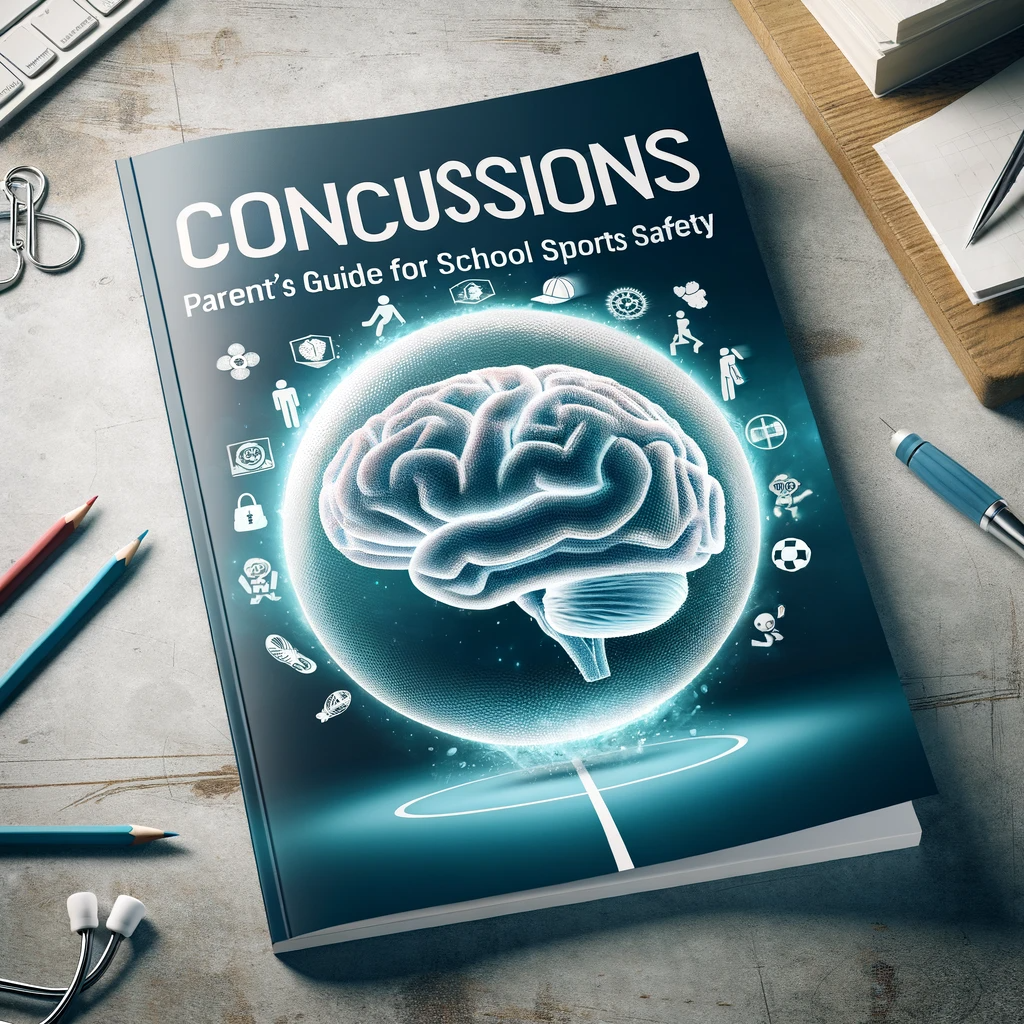The ABCs of Concussions: A Parent’s Guide for School Sports Safety

The excitement is in the air as children head back to school and sports. But as parents, how prepared are we for the potential risks like concussions that come with the territory? This guide will help you understand the ins and outs of concussion management.
Initial Assessment: What to Watch For If you’re ever on the sidelines and something seems off with your child, remember the golden rule: “When in doubt, sit them out!” Watch for subtle signs like delayed verbal responses, discoordination, or emotional shifts.
Diagnosis: More Than a Bump It’s not merely a bump on the head; a concussion involves a change in memory or mental status. Recognize that diagnosis can sometimes take time, especially if symptoms don’t manifest immediately.
Cognitive Rest: Debunking the Myths Think cognitive rest is essential for recovery? Think again. If your child doesn’t experience symptom worsening during cognitive activities like reading, then it’s generally fine for them to continue.
Neuropsych Testing: Helpful but Limited Though valuable for concussion management, neuropsych testing doesn’t predict the length of recovery and isn’t usually a factor in deciding on neuroimaging.
Long-term Risks: Unraveling the Connection Concerned about long-term risks? While there’s a correlation between neurocognitive diseases and repeated concussions, the relationship is complex and likely involves various factors like genetics.
Return-to-Play: A Step-By-Step Guide To get your child safely back into sports, follow a step-wise approach. Your child should be symptom-free for at least 24 hours at each stage before progressing to the next.
Your child’s safety is our priority. Being well-informed about concussions can make all the difference.
Latest Blog Posts:
- Stomach Flu or Food Poisoning? Know the Signs and Get Relief
- Whooping Cough in Kids: Symptoms, Treatment & Prevention
- Sinus Infection Draining You? Recover Fast and Breathe Easy
- Winter Respiratory Illnesses in Children: What Parents Need to Know
- Flu Virus (Influenza) – Frequently Asked Questions
- Fever in Kids: When to Seek Care
- Walking Pneumonia Diagnosis: Symptoms, Causes and Treatment
- Exciting News: Vitality Urgent Care is Relocating to a New, State-of-the-Art Facility!
- X-Ray Urgent Care Cost vs. Emergency Room
- Respiratory Syncytial Virus (RSV): Symptoms, Prevention, Treatment
- The ABCs of Concussions: A Parent’s Guide for School Sports Safety
- Navigating Through Common Summer Rashes
- Why Choose Buffalo Grove Urgent Care Over the Emergency Department ?
- Emergency Department or Urgent Care Center?
- Nausea from stomach bug or food poisoning?
- Health Tips from Vitality Urgent Urgent Care
- Sunburn Treatment Made Simple
- Get your children outside!
- Common Skin Rashes in Children
- Telemedicine or Virtual Health on Demand
- Halloween Safety from Vitality Urgent and Primary Care
- How to Recognize the Symptoms of a Urinary Tract Infection
- Is it already the Influenza (Flu) season?
- Allergies – Nose, Eyes, Skin or Other
- Sore Throat or Elusive Strep
- Why Urgent Care at Home
- What the Research Says About the Impact of House Calls on Patients